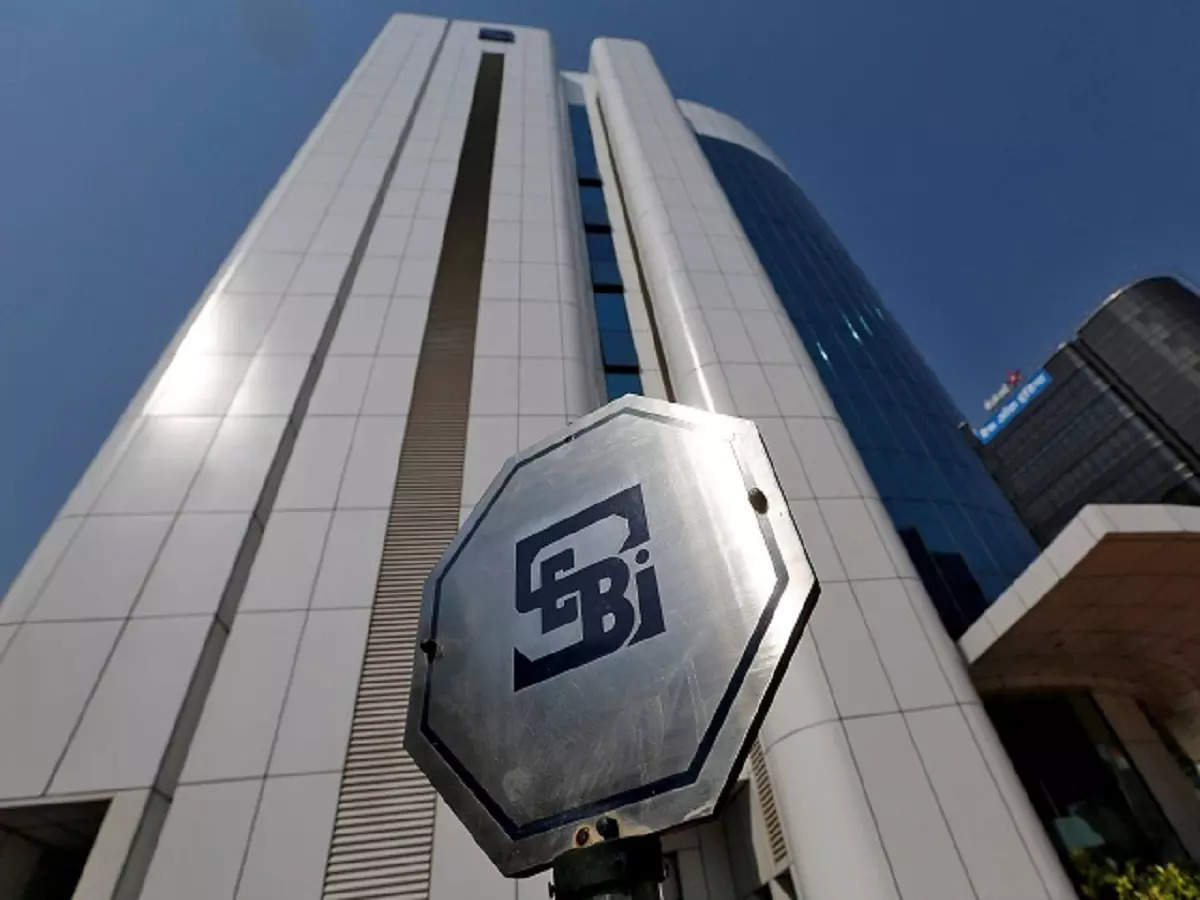[ad_1]

India’s capital market regulator is shutting its smaller offices as it reevaluates its real estate needs amid the increasing adoption of technology by the broader market ecosystem and itself.
The Securities and Exchange Board of India (Sebi) will phase out 16 offices spread across the country as part of a restructuring exercise. These offices were opened between 2012 and 2018 when Sebi was headed by U K Sinha.
After the leases of these offices end, the regulator will be left with six offices, including its HQ in Mumbai, four regional offices in Ahmedabad, Chennai, Kolkata & New Delhi and one small office in Indore.
In a note to its board members, Sebi, now headed by Madhabi Puri Buch, said that it had opened smaller offices to spread financial literacy in local areas, redress investor grievances, gather market intelligence and handle enforcement matters. But it noticed that the number of investors has increased in the country, with 99% of all pin codes participating in the markets, largely through digital means.
With technology transforming the market ecosystem through online trading, online MF investments as well as empowering Sebi to redress investor complaints through online, among other things, the regulator pondered whether it will be worth to own expensive infrastructure in terms of capital and human resources in the form of local offices throughout the country or to find a suitable alternative path to attain the same goal.
Sebi then decided to leverage and optimally use technology in a more intensive manner in coming years to reach out to investors in all parts of the country. Of the 17 local offices, it plans to phase out 16 of them this fiscal. It intends to retain the Indore office for the time being.
While the regulator thinks a physical presence is required to cater to educational and grievance redressal needs of investors, it will have that in association with stock exchanges, which have set up investor service centres (ISCs) in various parts of the country. “These ISCs would cover investor related matters for the stock exchanges as well as for Sebi,” read the regulator’s note. “Sebi will be in a position to monitor physical reach to a larger investor population through these ISCs from its presence from the nearest regional office”.
The plan is to have 50 ISCs in the country, which will be funded by the stock exchanges’ own resources or out of the Investors Service Fund (a fund created by stock exchanges under Sebi guidelines).
[ad_2]
Source link



